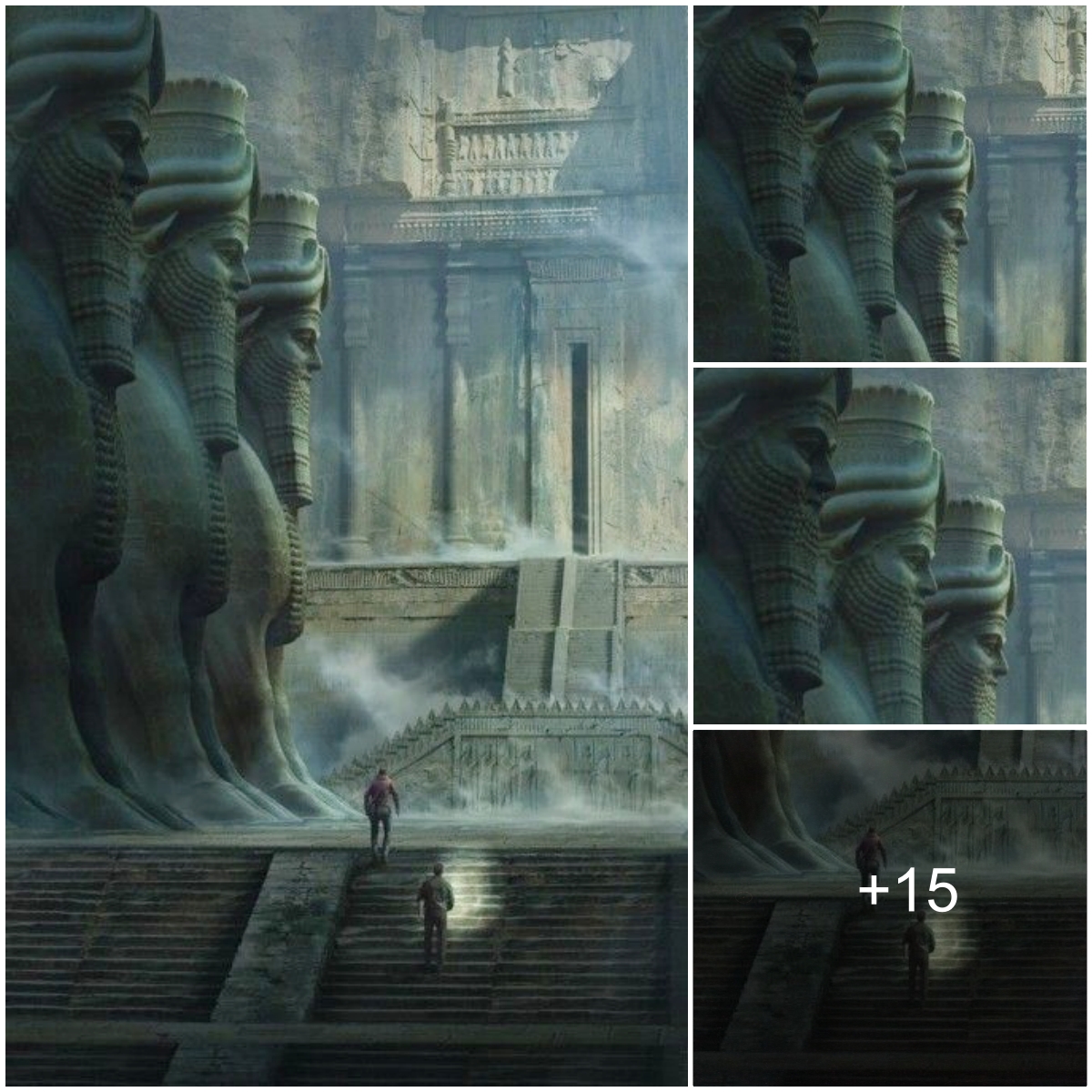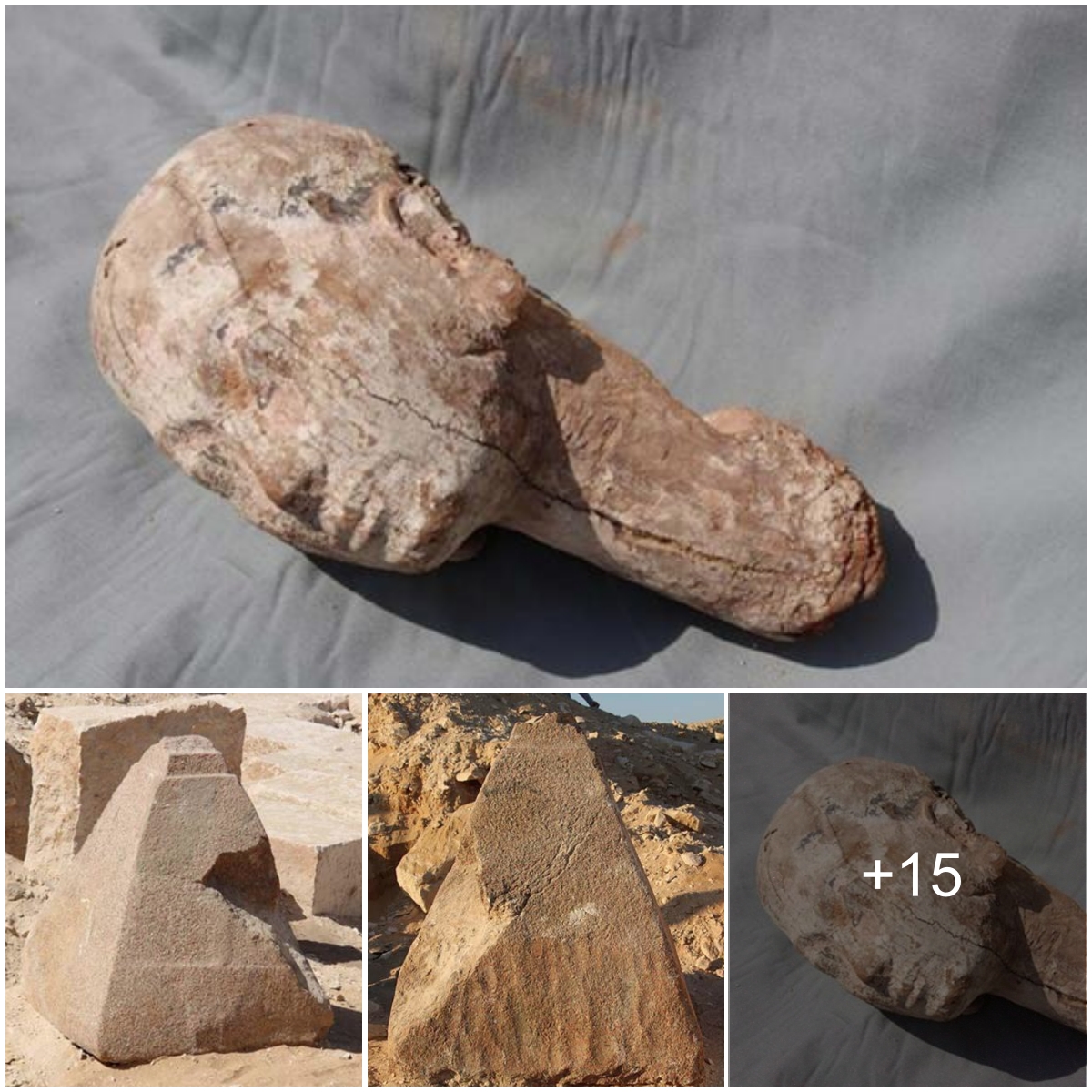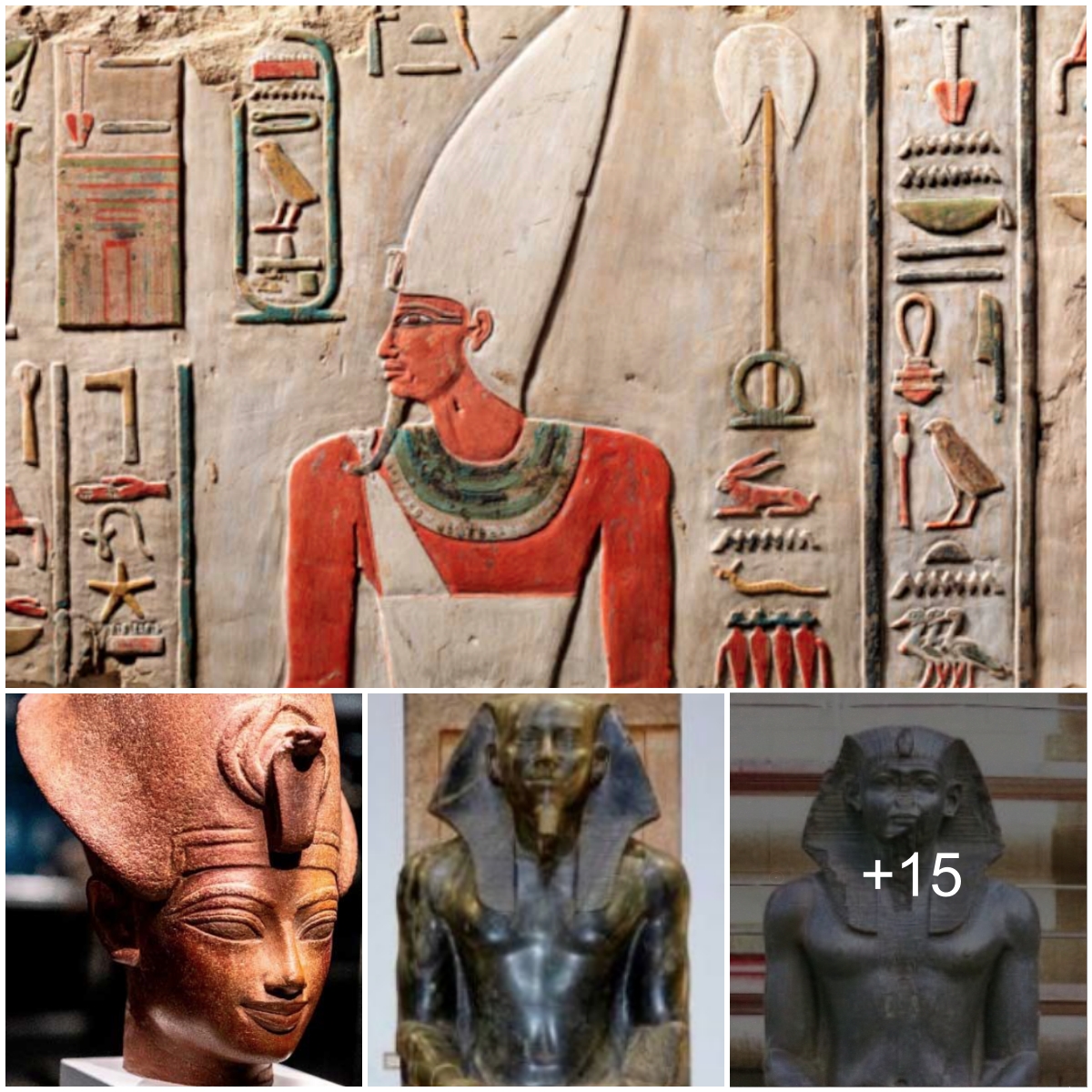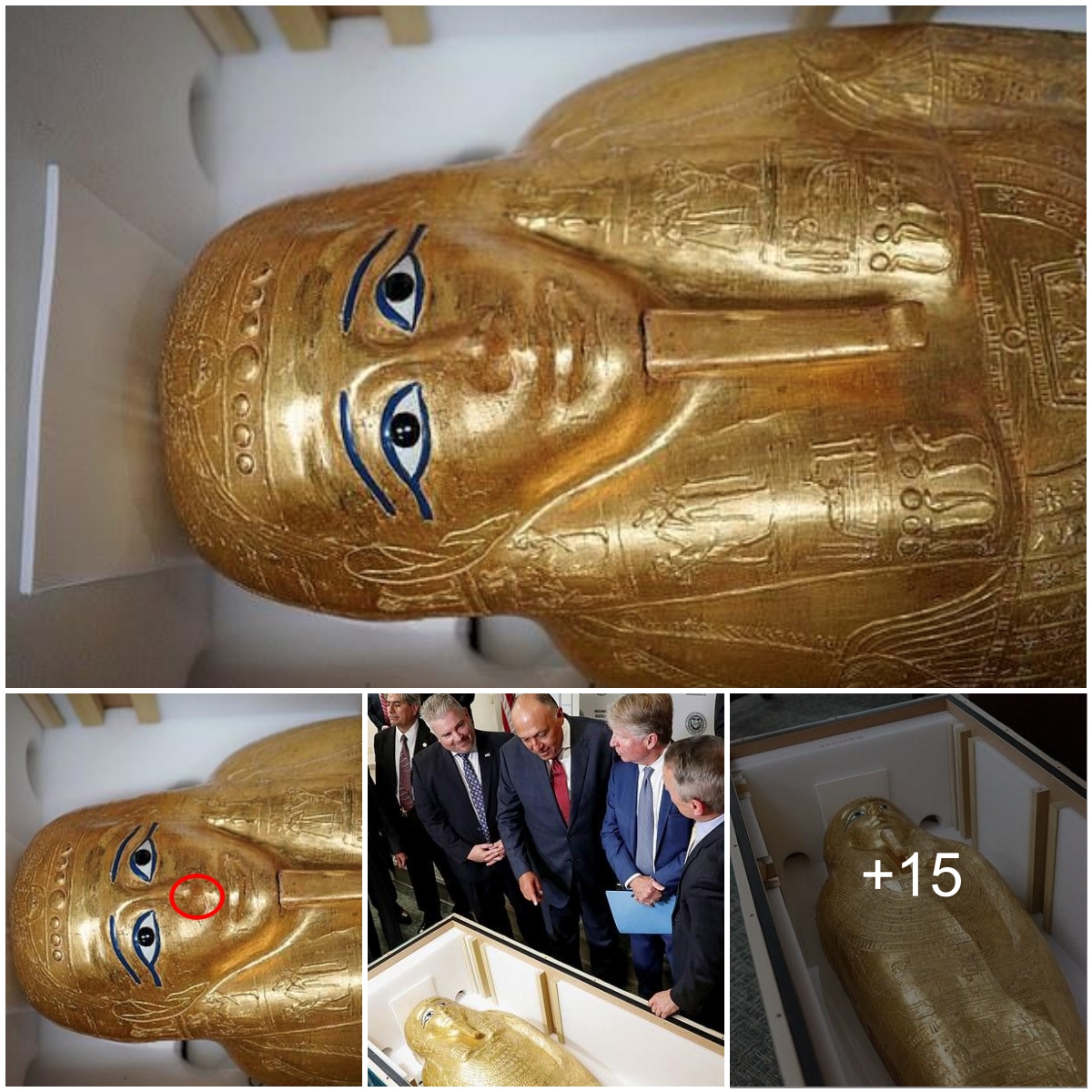In the annals of archaeological discoveries, few artifacts have captivated the imagination like the Antikythera mechanism. Unearthed over a century ago off the coast of a remote Greek island, this enigmatic device has baffled researchers with its intricate bronze gears and advanced functionality, challenging conventional notions of ancient technology.
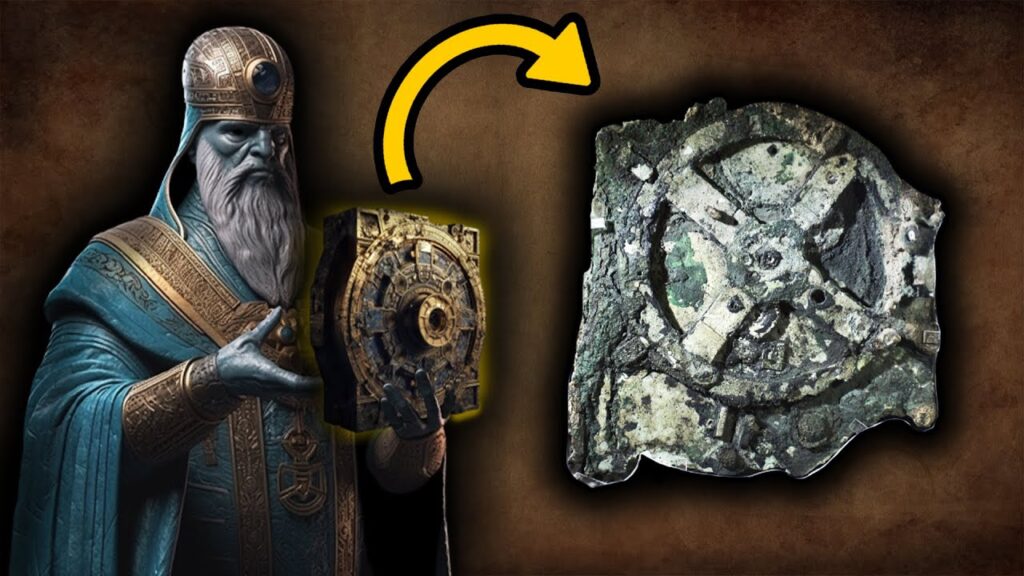
Dating back to around 200 BC, the Antikythera mechanism is often hailed as the world’s first analog computer, a marvel of craftsmanship and ingenuity that defies its era. With nearly 40 precise gears meticulously arranged, it served as a handheld celestial calculator, capable of predicting astronomical events with astonishing accuracy.
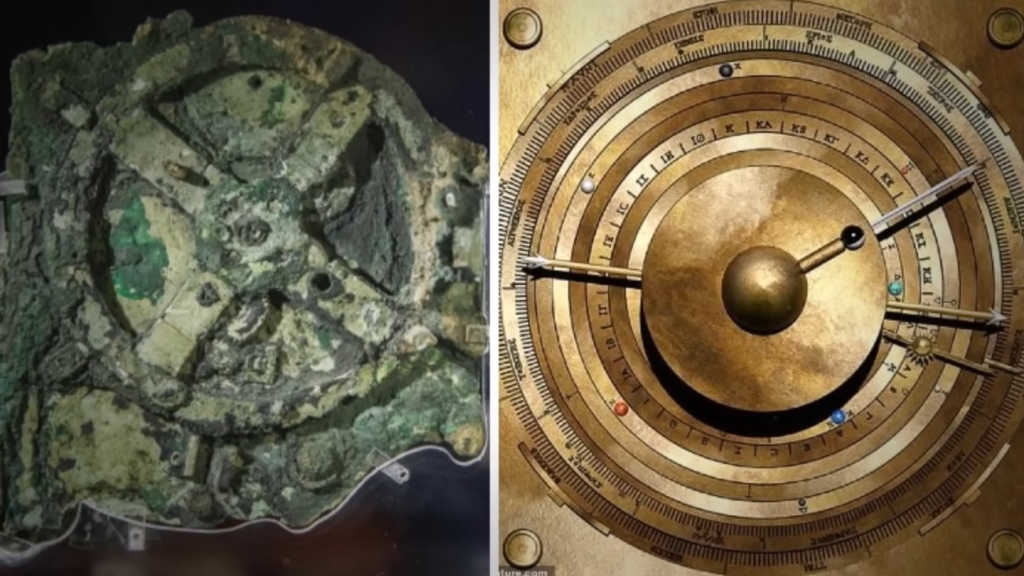
But how did the ancients conceive and construct such a sophisticated device in an age when such technology was deemed impossible? Was it a product of Greek innovation, or does its origin trace back to a more mysterious civilization, perhaps even the legendary Atlantis?
The discovery of the Antikythera mechanism alongside a trove of ancient artifacts aboard a sunken ship hinted at its use as a navigational aid or astronomical tool. Inscriptions in Greek suggest a manual of sorts, detailing its intricate workings and celestial functions.
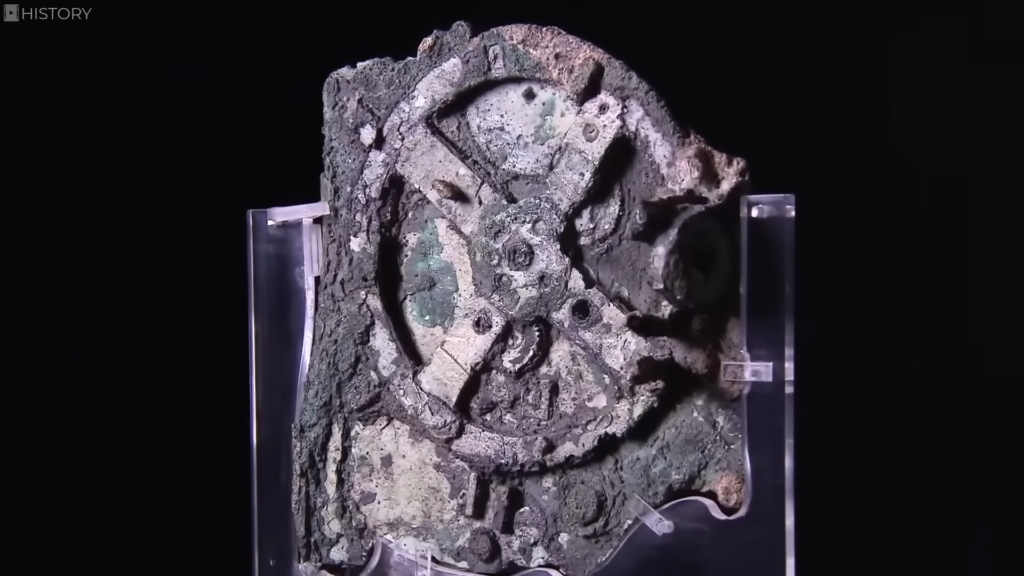
Decades of study and analysis, aided by modern technology like advanced x-ray imaging, have shed light on the mechanism’s inner workings. Its complexity rivals that of modern-day computers, yet its reliance on mechanical principles underscores the sophistication of ancient engineering.
While theories abound regarding its purpose—ranging from celestial navigation to eclipse prediction—questions linger about its true origins. Some researchers speculate that it may have been crafted by the renowned Greek mathematician Archimedes, pushing its creation back to around 250 BCE.
Yet, a tantalizing alternative theory posits a connection to the Phoenicians, master sailors and traders of antiquity. Known for their maritime prowess and influence on Greek culture, the Phoenicians may have possessed knowledge inherited from an even older civilization—perhaps the fabled Atlantis.
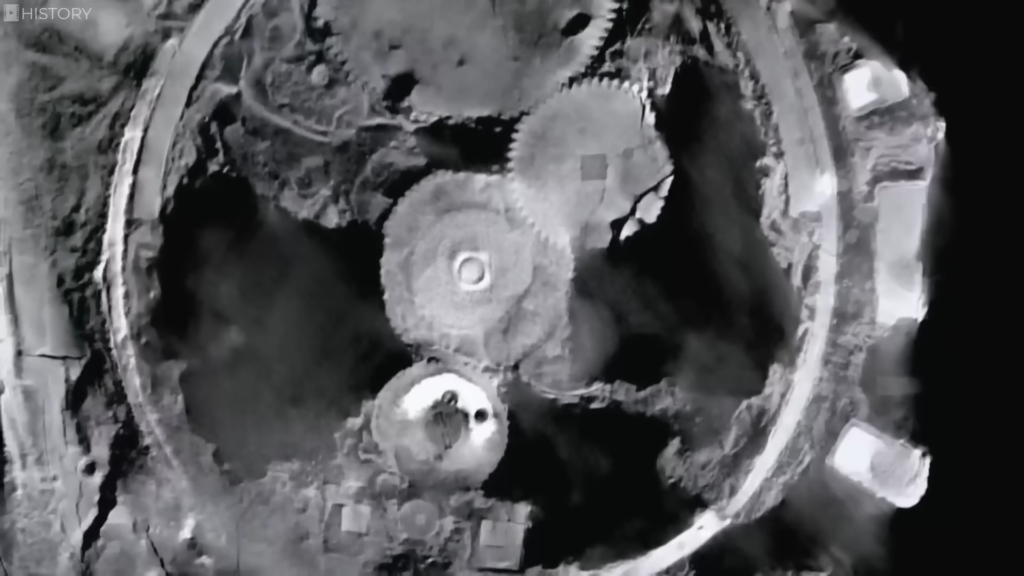
Theories linking the Antikythera mechanism to extraterrestrial origins add another layer of intrigue. Speculative claims suggest parallels between artifacts on Mars and components of the ancient device, sparking wild conjecture about ancient spacefaring civilizations.
While such assertions remain unsubstantiated, the Antikythera mechanism stands as a testament to the remarkable achievements of ancient civilizations. Whether Greek, Phoenician, or possibly Atlantean, its existence challenges conventional narratives of technological progress and hints at lost chapters of human history.
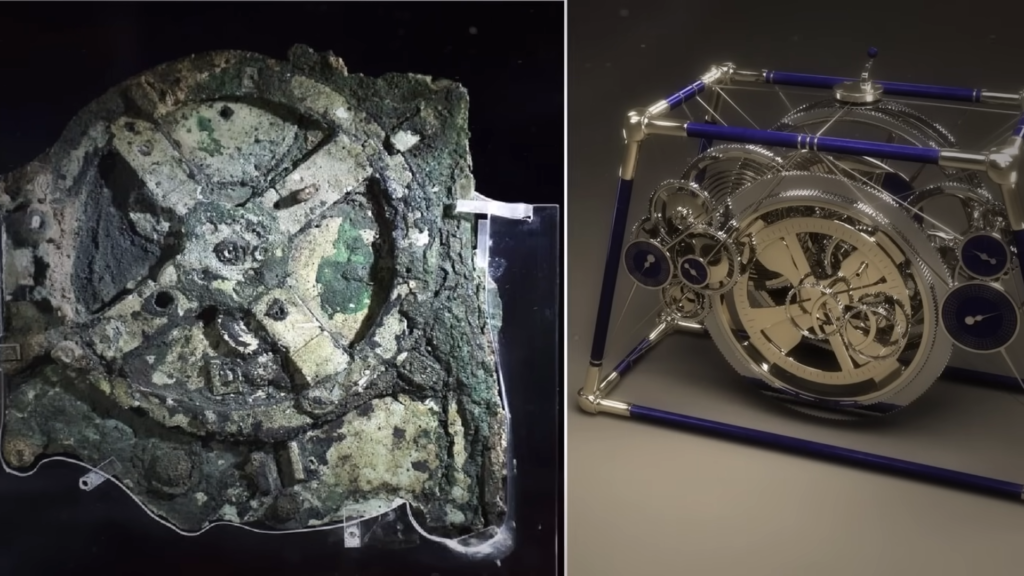
As we continue to unravel the mysteries of the past, the Antikythera mechanism serves as a reminder that our understanding of ancient civilizations is far from complete. With each discovery, we inch closer to unlocking the secrets of our shared heritage and the civilizations that came before us.
In the depths of the sea and the sands of time, there may yet lie undiscovered wonders waiting to reshape our understanding of the past. Until then, the Antikythera mechanism remains a beacon of curiosity, urging us to explore the untold stories of our ancient ancestors.
